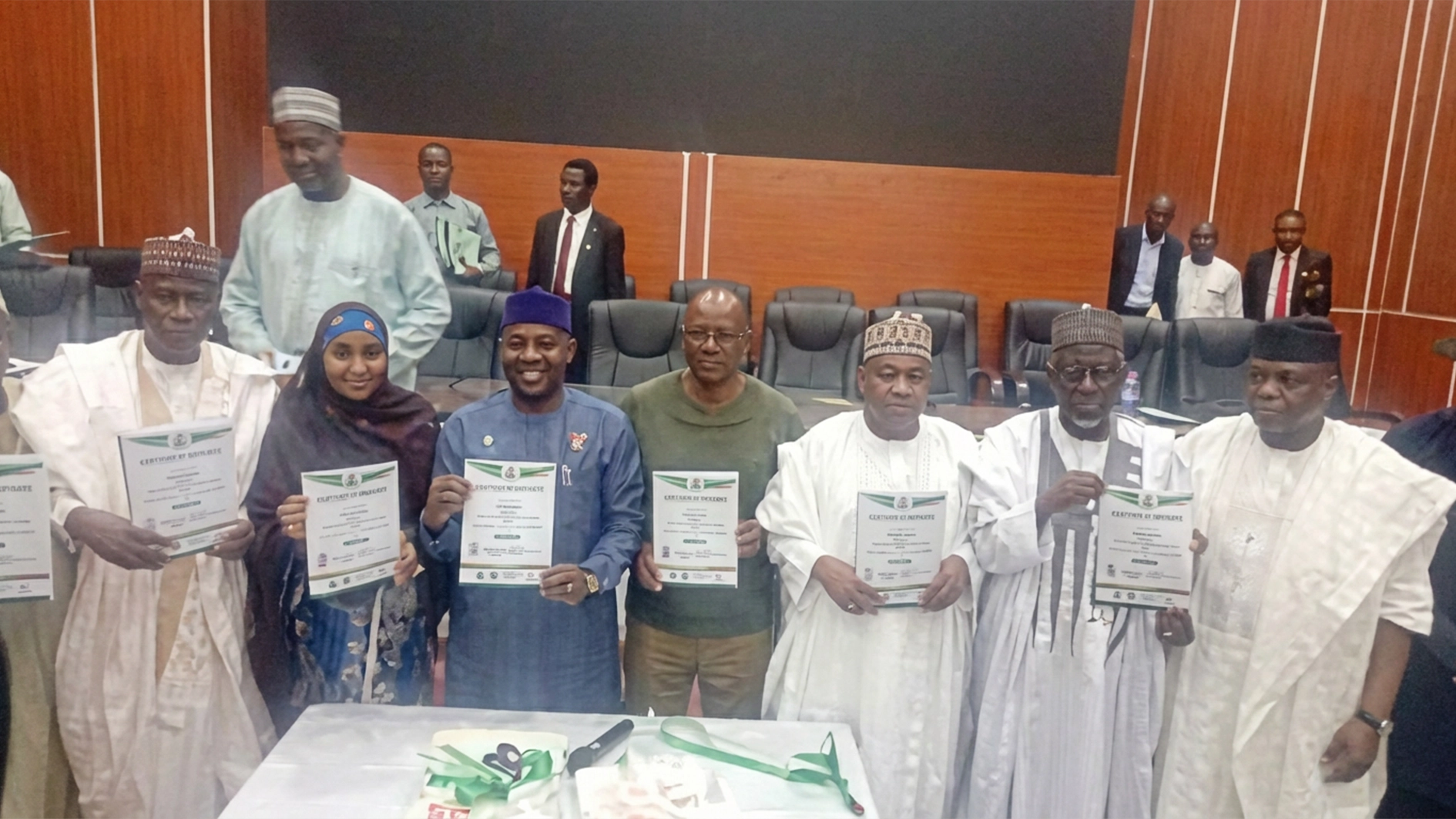The Federal High Court in Abuja has rejected an attempt by the Nigeria Police Force to stop a planned demonstration demanding the release of detained separatist leader, Nnamdi Kanu.
The protest, organised by activist Omoyele Sowore under the banner “Free Nnamdi KanuNow,” is scheduled to take place on Monday, 20 October, near the Aso Rock Villa. The Inspector-General of Police, Kayode Egbetokun, had sought an ex parte order to restrain the event, arguing that it posed potential risks to public order.
Justice Umar of the Federal High Court declined to grant the police application, ruling that the motion could not be determined without hearing from the respondents. The court instead directed that Sowore be formally served and adjourned the matter until Tuesday for a substantive hearing.
The decision effectively allows the demonstration to proceed in the absence of a restraining order.
Reacting to the ruling, Sowore described the court’s refusal to halt the protest as a vindication of citizens’ constitutional right to peaceful assembly.
“The Inspector-General of Police dispatched lawyers to sue me in an effort to halt the ‘Free Nnamdi KanuNow’ protest scheduled for Aso Rock Villa on Monday,” Sowore said in a post on X. “However, the judge refused to grant the ex parte motion, instead ordering that I be served and adjourning the case until Tuesday for a proper hearing.”
The planned protest aims to draw renewed attention to the continued detention of Kanu, leader of the proscribed Indigenous People of Biafra (IPOB), who remains in custody despite multiple court orders calling for his release.
The police had argued that the protest’s proximity to the Presidential Villa required precautionary measures, but the court’s ruling now leaves security agencies to manage the demonstration rather than prevent it outright.
Observers note that the outcome of Tuesday’s adjourned hearing will determine the legal direction of any further police actions concerning the protest.
Sowore had earlier announced that the demonstration would be peaceful and symbolic, describing it as an effort to reaffirm citizens’ right to demand justice through lawful means.






